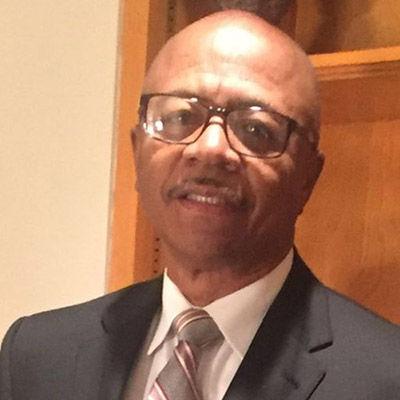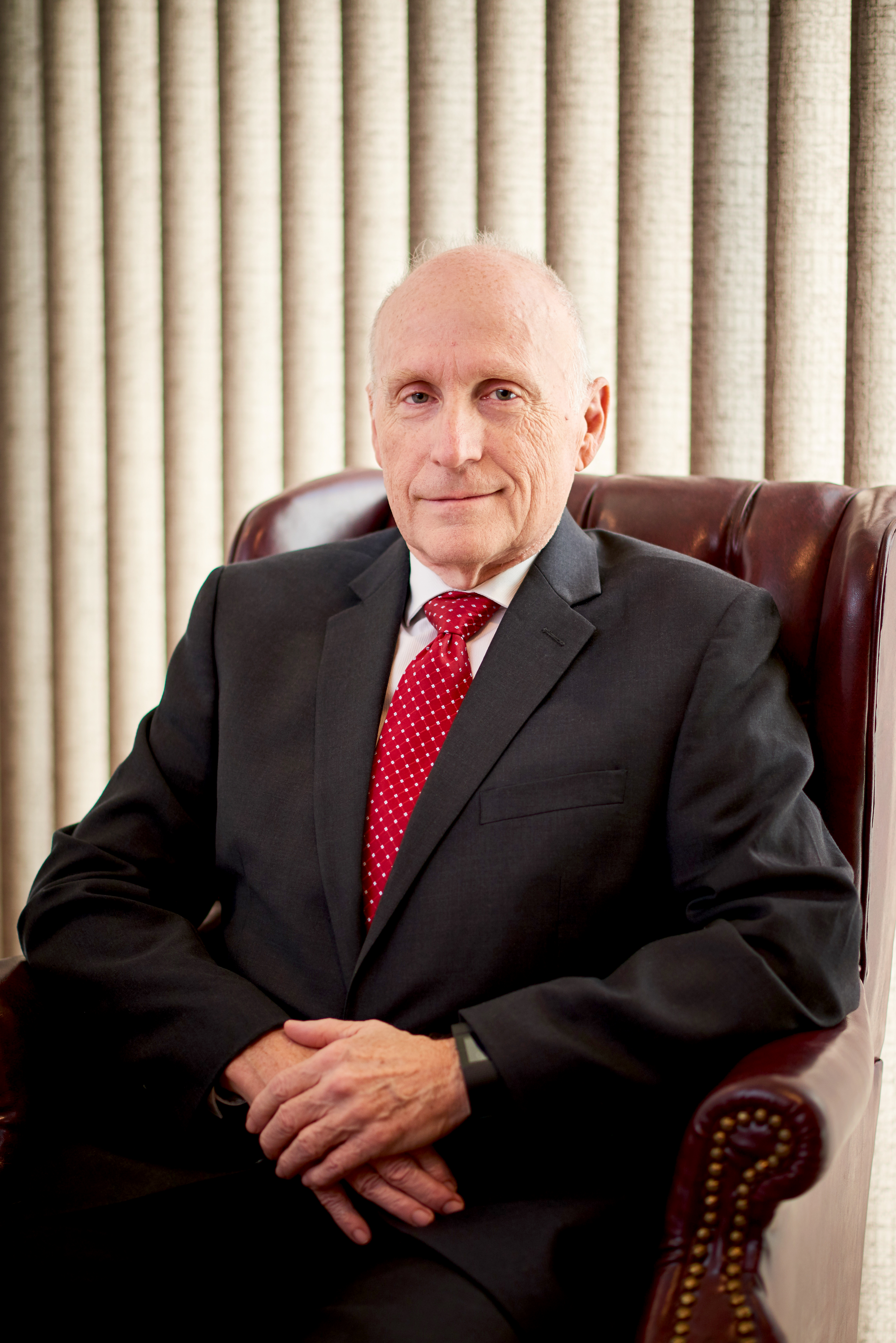McCaskill, Eddie, MSW, EdD, LPC, LCSW, NCC, CADC
Dr. Eddie McCaskill is a Licensed Professional Counselor, Licensed Clinical Social Worker, Certified Alcohol and Drug Counselor, Master’s Addiction Therapist, and a National Board-Certified Counselor. Mr. McCaskill has been licensed in the State of Missouri since 1991 as a Licensed Clinical Social Worker and a Licensed Professional Counselor. Mr. McCaskill completed his undergraduate degree in Psychology from Pepperdine University. Mr. McCaskill completed his Master’s in Social Work from Washington University in St. Louis and completed his Doctorate from Argosy School of Professional Psychology and Grand Canyon University. Mr. McCaskill has provided services to the under-served population in the St. Louis area for 30 years. Mr. McCaskill has provided mental health services to children who are in the foster care system and youths involved with St. Louis Family Court. Mr. McCaskill has provided co-occurring therapy to drug addicted, traumatized, HIV positive and homeless individuals. Mr. McCaskill is recognized as a Military Family Life Consultant expert by the Department of Defense. Mr. McCaskill area of expertise is trauma, depression, and adverse childhood experiences. Mr. McCaskill was recognized and honored by Bank of America’s Neighborhood Excellence Initiative when he was selected a 2011 Local Hero. Mr. McCaskill was recognized and honored for his work in the community by Zeta Phi Beta Sorority, Inc.-Xi Zeta Chapter as an Unsung Hero in mental health for 2014. Mr. McCaskill received the 2015 Community Healthcare Award from St. Louis Celebrity Senior’s non-profit organization for providing mental health services to the local community. Mr. McCaskill received the St. Louis American’s Excellence in Healthcare award in 2017 for his work in the St. Louis Community. Mr. McCaskill was recognized by the Missouri House of Representative in a resolution put forth by State Representative, Steven Roberts. Mr. McCaskill was recognized for his 30 years of providing services to the underserved community in the St. Louis Area.
Presentation(s):
The Impact of Adverse Childhood Experiences & Trauma on Fathers



